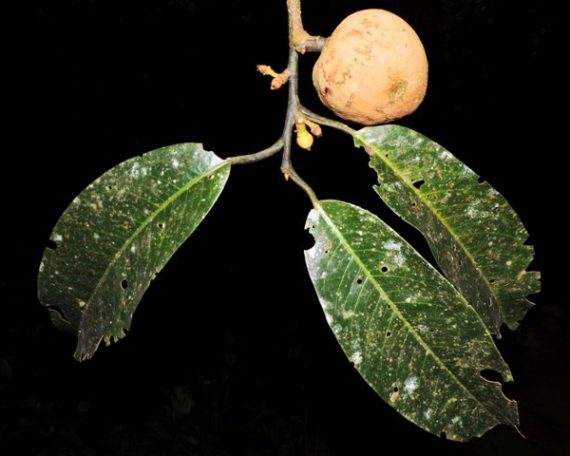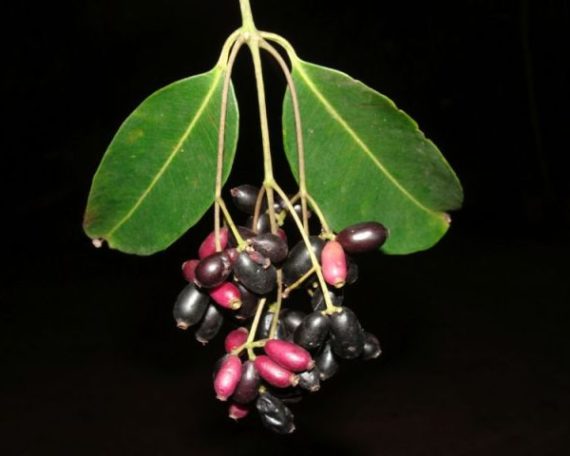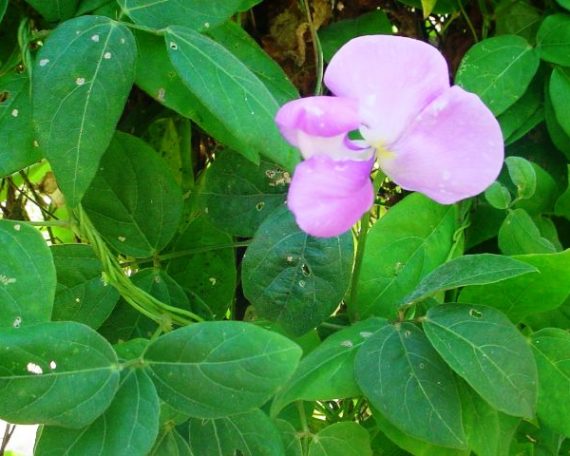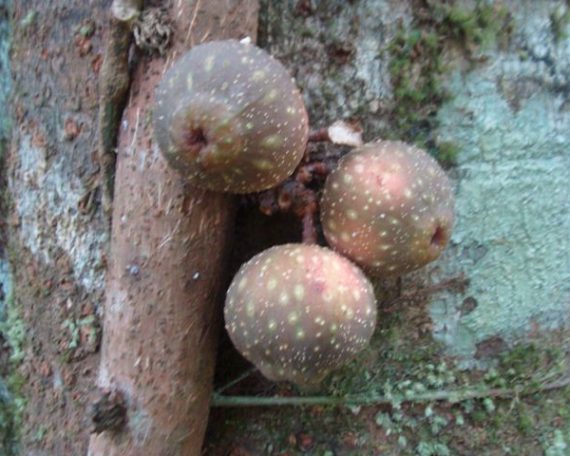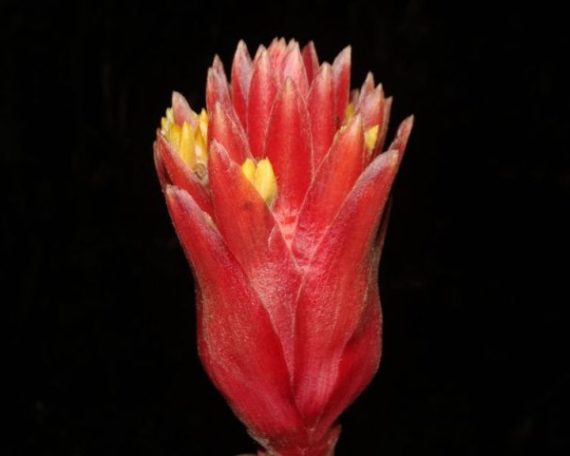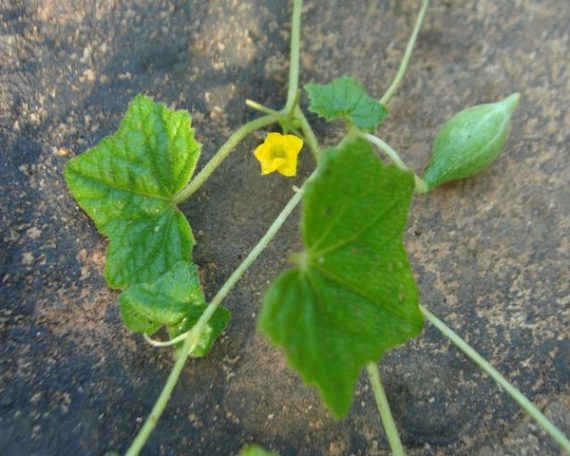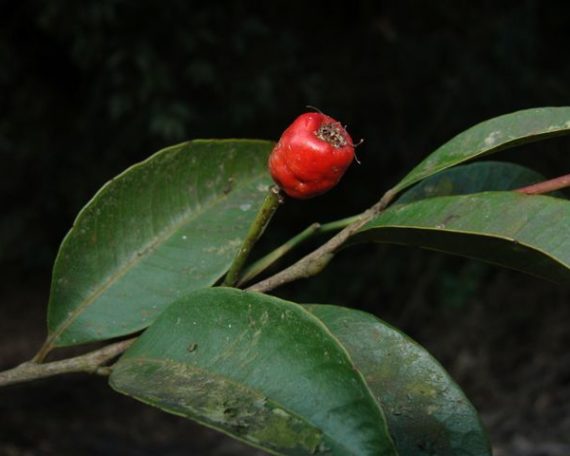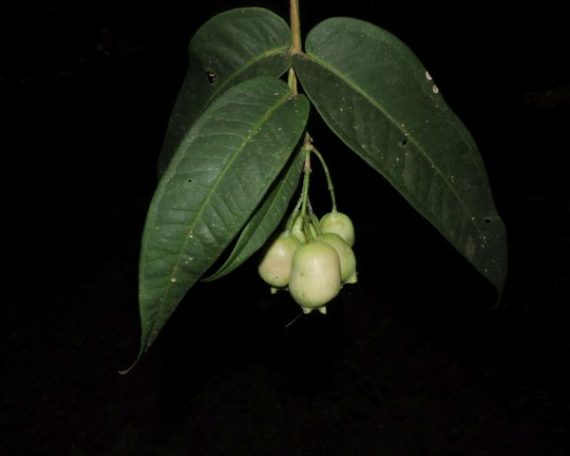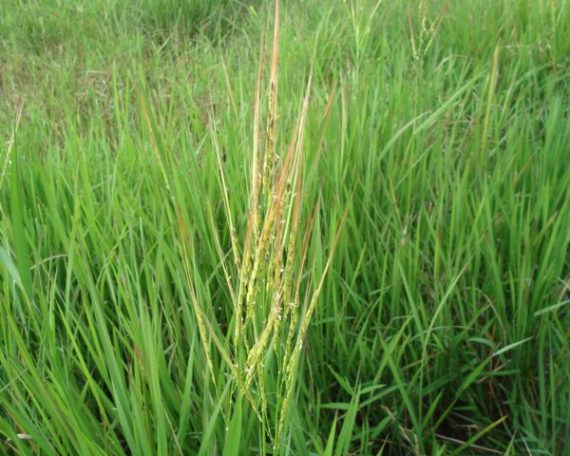The wild relatives of domesticated crops are the richest repositories of crop genetic diversity. It possesses genes, which is functional for developing more productive crop varieties. Crop wild relatives are extremely valuable in disease resistance and adapting the climate changes. It has underutilized in farming practices and least assessed to meet the market demands. The plants have high medicinal significance, rich source of nutrition and an importance factor of ecological services. It is indispensible for the crop improvement and to develop the climate resilient varieties. Arora and Nayar (1984) reported the occurrence of over 320 wild relatives of crops (51- cereals and millets; 31-grain legumes; 12-oilseeds; 24-fibre plants; 27-spices and condiments; 109 of fruits, 54 of vegetables and 27 of others) in India, which need immediate attention to be preserved. MSSBG expansion programme will focus on the conservation of the wild crop relatives with high preference for food security, resilience and environmental sustainability.
The Garden is rare of its kind that houses curious wild flora along with vanishing crop varieties, “crop wild relatives” and bio-diverse coffee farm. This helps the Garden to niche its local environment, deal with the challenges of climate variations and attracts and retains diverse kinds of birds, butterflies, and scores of other faunal and floral species. As part of the Garden, a collection of local landraces of rice, legumes, wild mushrooms, and an information centre for RET plants also have been maintained.
A few significant plant species to specify as follows

